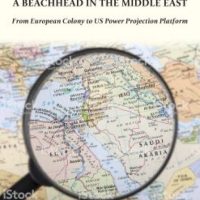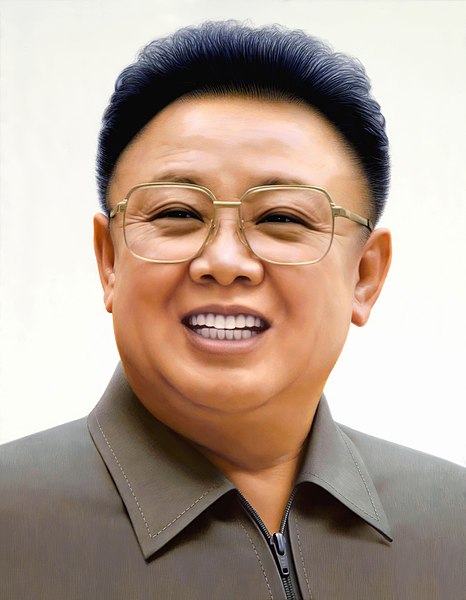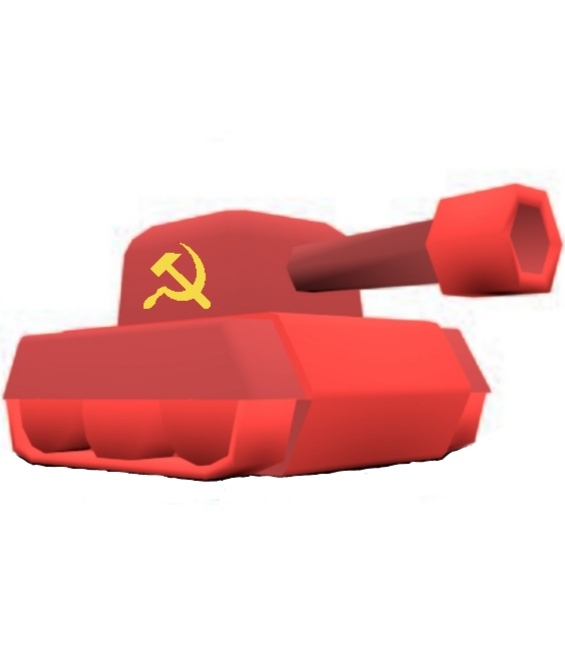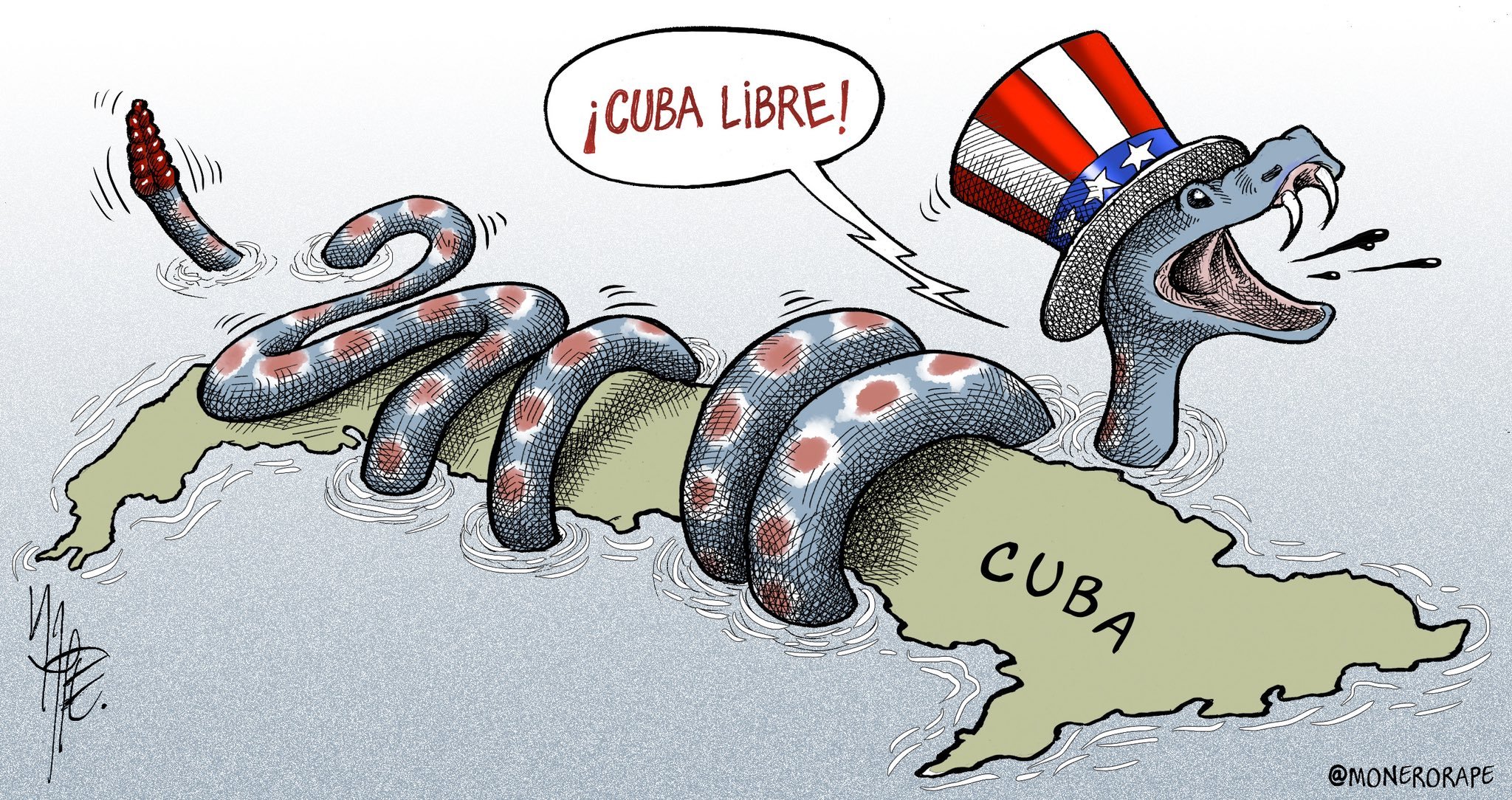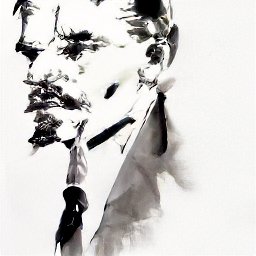So you have a superpower doing everything to undermine workers’ power, and you have an emerging superpower trying to raise workers’ power, even if that process is going a bit slowly.
Oh, but what’s this? The emerging superpower isn’t doing *everything* perfectly??
Well! I say! That means we should just yell about how the superpower and emerging superpower are actually one and the same!! If it’s not perfect, it’s evil!
And not just that!! You don’t understand! Everything must be viewed through the prism of events that happened a century ago!! There’s absolutely no way that things may have changed since then!!
The Austro-Hungarian Empire is still around, right? That’s relevant to the current discussion, no??
This article relies extensively on GDP, which is not a good measure of an economy. For instance, Italy on paper has a bigger economy than Russia’s, but a whole lot of that is based on debt fed back into the economy. Industrial production, particularly heavy industry, is a much better indicator of the real wealth of a country.
and purchasing power is important too right?
Yes, in 2020 China actually pulled ahead of the US in terms of PPP
They said China was capitalist and fucking Apple was the reason why they relaxed their covid protocols lmfao. Fuck outta here.
i was just a little shocked how confidently they described china as capitalist, while the same writer has published content praising the USSR?
I’ve met several people who praise USSR and criticise China
Maoists.
Idk, haven’t specified
Yeah but the circle of people with such view on history isn’t exactly very diverse. Maoists, trots (depending on which period of USSR we ask), maybe nazbols.
I guess it could also be russian nationalists, from that weird type that think both USSR and Russian Empire were good.
deleted by creator
Yes, Deng reforms could be viewed very ambiguously. Imagine if after Deng came people like Gorbachev and Yeltsin instead of Jiang, Hu and Xi, we would now be speaking the exact points that maoists are, but it would be true.
As i chose to view it, is that Deng did a huge leap of trust in the future generations, and they, especially Xi, did not betrayed that trust.
I wish people on the ultra-left would understand its not that we love deng
Or that we “love” anyone. We’re just capable of putting things in historical context and understanding the pros and cons of their actions
Crazy how this kind of ultraleft pamphlets always sound disproportionately angry and fragile, you could fill it with angry emojis and it would read the same way
ah, it’s the guy who thinks Russia (and even China, IIRC) is imperialist
Certain prominent communists in Russia also think Russia is imperialist. Pretty sure Constantin Syomin does
unless I’m just misinformed (entirely possible, but I’ve at least never heard a decent argument for Russia being imperialist), I assume those communists are using a very vague definition of “imperialism” (e.g. “taking resources from other countries”) and ignoring most of the context
Leftists who call Russia or China “imperialist” use such an oversimplified or vague notion of imperialism (usually “muh militarism!” or “they’re not a hermit kingdom and do stuff outside their own borders!”) that would make literally any group of humans bigger than a neighborhood block to exist “imperialist”.
You know what, I don’t actually remember what arguments were used. I’ll ask around
👌
That was fucking terrible, why did you make me read that?
haha i didn’t make anyone do anything
Best choice to wash your hands of it. 😅
I got like three sentences in and noped out, don’t need that trash
I always thought a permanent lockdown was unrealistic, especially with the rest of the world not giving a shit about covid. It also proved to me that China is a strong proletarian state. That being said, it would be nice to see China throw its weight around more
Gloating gonzaloite copium.
Gotta ask, is the bit about China selling weapons to Saudi Arabia true?
Probably. China also sold weapons to the Philippine government to repress Maoists. China is not the USSR.
Not exactly, the deal back then was because of the jihadists on the southern islands. Maoists then made shit up as always.
China is not the USSR.
In what sense in this instance?
In that it doesn’t spread the revolution.
Fair. Although I do wonder why
China spreads stability, which right now is the more revolutionary course of action. Neoliberalism represents a new stage of capital, accumulation through destruction; unable anymore to create genuine wealth, the capitalists simply destroy wealth elsewhere, thus creating the necessary differential. They did it to Russia, they are doing it in the Middle East, and are starting to do it at home. Thus today it is the United States and her allies who spread revolution worldwide, with the goal of creating unrest and grinding countries into poverty. By creating stability and prosperity worldwide, China is shutting out the United States more effectively than any war would.
You know, I’ve been reading and re-reading your reply for about a day now, trying to decipher why it bothers me so much. I think it essentially boils down to two points:
-
USA doesn’t spread revolution. It spreads Maidan. A change of government is not a revolution, despite attempts by statedep to cement this definition. Revolution requires a change of social organisation and (as part of that) change of the way of thinking. China doesn’t have to fund agent provocateurs to overthrow governments, in fact I am glad that it does not. But helping spread Marxist thought? Why not?
-
The term “stability”. There’s capitalist “stability” too, just look at USA - it had the same capitalist system for centuries. Heck, stability is a beloved talking point of capitalists! That’s one of the most favourite notions of the current Russian government, in fact. But we both know there is no true “stability” under capitalism, I’d go as far as to say the notion itself is undialectical.
Those are good points. Honestly, I don’t really have an answer – will have to think a bit more about it. It might very well be that China has overcorrected from the ultraleftism of late Mao and the Gang of Four, and fallen somewhat into the opposite error, that simply advancing the forces of production will automatically and by itself bring about socialism. I don’t believe Xi thinks this way, given a lot of his public statements. But many Chinese politicians during the 1990s and early 2000s clearly did.
capitalist ‘stability’ is when the economy is cyclical by design with no regard for the people, and kills millions through neglect and malice
-
Easiest way to get isolated globally and starved out.
I’d like to see someone try to isolate the world’s factory
That’s how they became the world’s factory, though. I think they’ll be more willing to help spread the revolution as they get stronger in the future.
Long game
I think that it has to do with the fact that the one major obstacle to the development of socialism around the world is US unipolarity. Effectively, the US and its satellite states have been acting as a sort of vanguard of capital worldwide, helping national bourgeoisies to strangle their own left-wing movements, which in turn brings them the confidence of these national bourgeoisies, helping to maintain US unipolarity. Thus, to help socialism spread, China must break US unipolarity. And to break US unipolarity, China will effectively need to win over the confidence of national bourgeoisies all over the world, in the process breaking the international bourgeoisie’s class consciousness. Now, “exporting” revolution is unlikely to achieve this, as it will only antagonise the national bourgeoisies of their countries, forcing them into the US’s arms. What instead China needs to do is to economically invest into the 3rd world so that the national bourgeoisies of these countries, which are also the victims of western imperialism, albeit to a lesser extent than the proletariat, come to see China as a friend and the US as an enemy. In that way, these newly pro-China national bourgeoisies are more vulnerable to home-grown socialist movements, and the US’s role as a Vanguard of Capital is reduced as, due to having less resources to imperialise over, its own ability to crush left-wing movements in its sphere is reduced. What China can also do is support homegrown socialist movements that do manage to take power on their own so that they don’t then fall to reaction (for example, Venezuela). This would also have the advantage of meaning that, was socialism in China to fall, these would be less dependent on China then, say, the Eastern Block was on the USSR, making their socialism more likely to persist.
To summarise, what China needs to do, and is doing, to spread socialism is to break the unity of the bourgeoisie on an international scale by providing an alternative to capitalist-imperialism for the national bourgeoisies of the 3rd world, leaving them to be isolated from the bourgeoisies of the Imperial Core when it comes to resisting socialism, and also weakening the Imperial Core as the supply of foreign resources and labour for its capital to exploit is reduced. Then, it can help socialist movements strong enough to come to power on their own survive. This would, in my opinion, be better than exporting the revolution.
PS: Sorry for the wall of text, and for replying a bit late; I thought about this.
If you were a fledgling communist movement in the past, you could count on the USSR for support. For example, USSR sent Cuba agricultural machinery and fertiliser, allowing them to farm efficiently and feed their people. If you are a communist movement, you cannot count on China for help. China night help, or they might not, it’s not as certain as in times of USSR.
Kind of a bummer
Did the USSR even back them? I know China aided the NPA. in the 70s, but I haven’t seen anything about USSR doing so. I’d imagine at that point the USSR wouldn’t be that quick to support a Maoist insurgency. Especially one backed by China during the sino-soviet split.
china helped cuba doing its “special period” iirc
would have to research that. I would say that china does business with (basically) everyone, if they think it’s in their best interest
Saudi Arabia is undergoing a fairly rapid secular reform because They recognized: fossil fuels don’t last forever and Israel has nuclear weapons
Yep, Saudi effectively buys from all 5 of the UNSC members though lol.
Digging up one of the older comments, the main reason for the sale of missiles during the 80s was money.
They sold DF-3 missiles for 100 million USD apiece, with the Saudis spending up to 3.5 billion USD (The PRC side was trying to sell them for 100 million RMB each, with the Saudi side interpreting the price as USD and quickly agreed to it). At the time the PRC only had around 2 billion USD in foreign reserves as well.
Lul, best deal ever.
The first paragraph was enough for me to stop taking it serious. By the end I was expecting that every single word would be put in quotation marks.
Recent episode of multipolarista talks about this very subject https://open.spotify.com/episode/1MaSsRGxB8IMeygbKhu6Kb?si=3oHERqLuRQyvCZnJsKs3TQ
thx for sharing this
Aw man, I really like Stephen. His book on Korea is phenomenal.


